Kabaddi, a conventional game with an attached following back to old India, has risen above its neighborhood beginnings to arise as a globally perceived game. Initially played in rustic settings, the game’s exceptional mix of actual prowess, methodology, and social importance has prodded its spread to different corners of the world. While it remains a praised sport in South Asia, Kabaddi has gotten forward momentum in startling locales, dazzling the hearts of competitors and observers the same.
Historical Journey of Kabaddi
Kabaddi’s set of experiences can be followed back millennia to old India, where it was a well-known type of diversion in rustic networks. The expression “Kabaddi” is accepted to have been derived from the Tamil word “kai-di,” which signifies “clasping hands.” At first, the game was a basic distraction including two groups, with one group sending a “bandit” into the rival’s region to tag however many players as would be prudent and return without being gotten. The game required actual strength as well as fast reflexes and key reasoning.
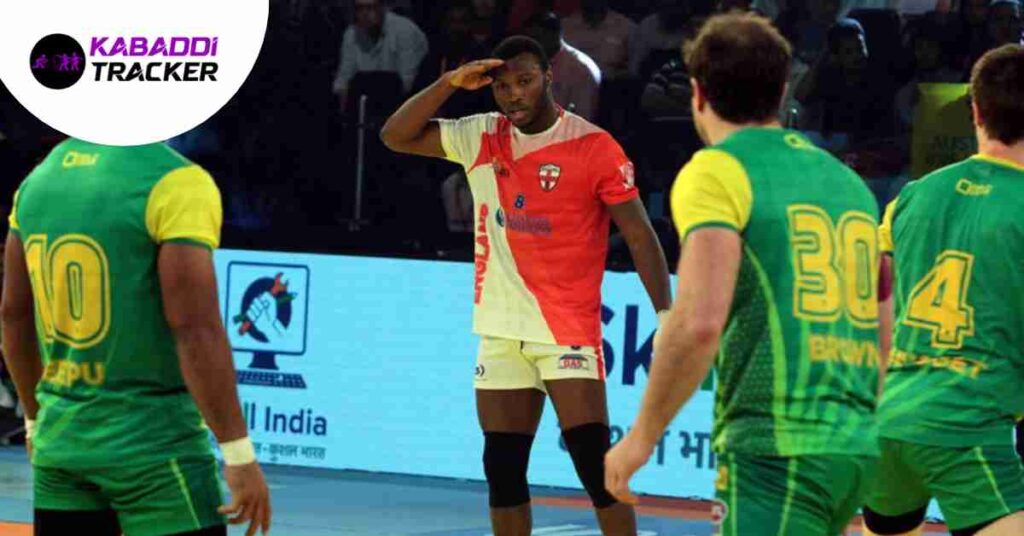
Also Read – List Of Kabaddi Academy in India
International Growth of Kabaddi
Throughout the long term, Kabaddi has risen above its local limits to acquire ubiquity in various nations all over the planet. What was once restricted to town fields and nearby tournaments has now turned into an international peculiarity. The global growth of Kabaddi can be credited to different variables, including movement, social trades, and the endeavors of sports associations to promote less popular games.
South Asia: Kabaddi is most well-known in its nations of the beginning, like India, Pakistan, Bangladesh, and Nepal. These countries have dynamic Kabaddi leagues and consistently partake in international rivalries.
Iran: Iran has arisen as a force to be reckoned with in the world of Kabaddi, with an energetic fan base and areas of strength for and. The game’s prevalence in Iran can be connected to its social similitudes with adjoining nations and its excited hug of customary games.
South Korea: Kabaddi’s surprising prominence in South Korea can be followed by its consideration in the 2002 Asian Games held in Busan. The high speed and dynamic nature of the game reverberated with Korean crowds, prompting its reception as a sporting and serious movement.
Japan: Kabaddi’s excursion to Japan is suggestive of South Korea’s insight. Presented through the Asian Games and hence highlighted in college sports programs, Kabaddi has acquired a committed continuing in Japan.
Joined Realm: The Indian diaspora in the Unified Realm assumed a critical part in acquainting Kabaddi with the neighborhood populace. What started as a social practice among ostracizes changed into a sporting game delighted by individuals of different foundations.
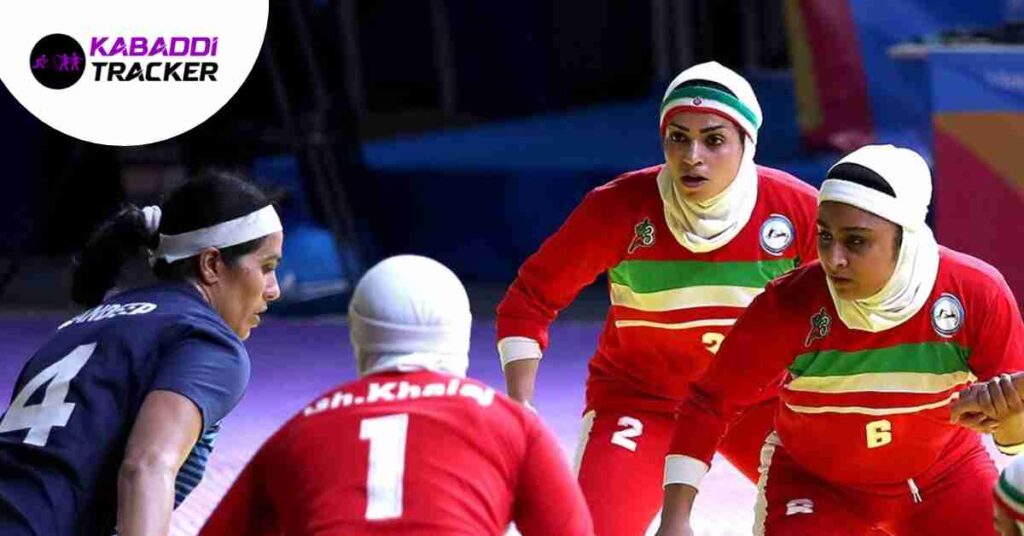
International Kabaddi Rankings and the Teams & Players Kabaddi Analysis
| Country | Continent |
| Afghanistan | Asia |
| Australia | Oceania |
| Austria | Europe |
| Bangladesh | Asia |
| Bhutan | Asia |
| Cambodia | Asia |
| Canada | America |
| France | Europe |
| Germany | Europe |
| England | Europe |
| Hong Kong | Asia |
| India | Asia |
| Indonesia | Asia |
| Iran | Asia |
| Italy | Europe |
| Japan | Asia |
| Kyrgyzstan | Asia |
| Malaysia | Asia |
| Maldives | Asia |
| Nepal | Asia |
| Norway | Europe |
| Oman | Asia |
| Pakistan | Asia |
| Poland | Europe |
| South Korea | Asia |
| Spain | Europe |
| Sri Lanka | Asia |
| Sweden | Europe |
| Taiwan | Asia |
| Thailand | Asia |
| Turkmenistan | Asia |
| United States | America |
| West Indies | America |
| Rank | Country | Numbers |
| 1 | India | 7127.6 |
| 2 | Iran | 5674.4 |
| 3 | Pakistan | 4235.04 |
| 4 | South Korea | 3511.9 |
| 5 | Bangladesh | 2795.68 |
| 6 | Sri Lanka | 2086.38 |
| 7 | Kenya | 1384 |
| 8 | Nepal | 688.54 |
| 9 | Thailand | 685.08 |
| 10 | Indonesia | 681.62 |
Impact of Global Tournaments
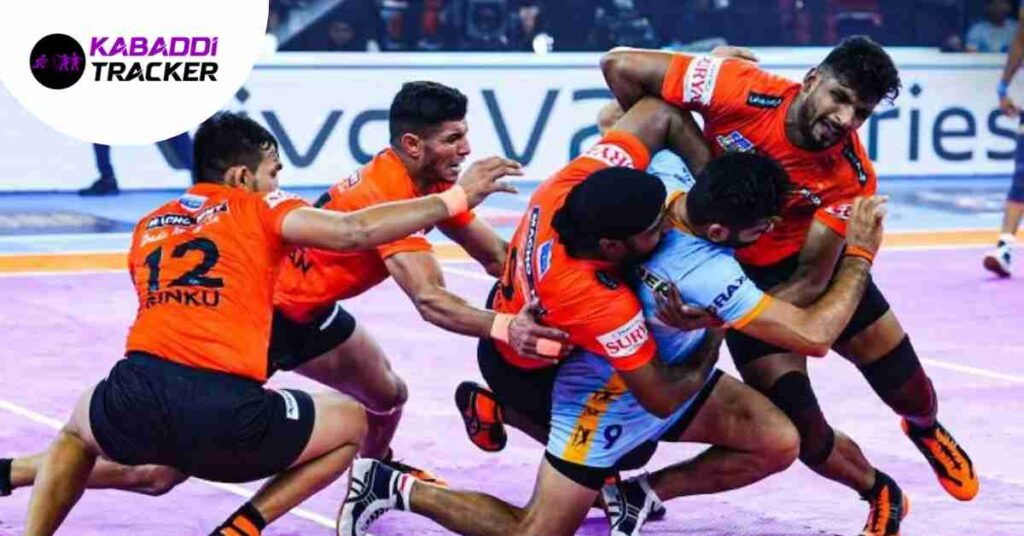
One of the vital drivers of Kabaddi’s internationalization is the presentation of global tournaments that exhibit the game on an international stage. Tournaments like the Kabaddi World Cup and the Pro Kabaddi League play had a huge impact in promoting the game and drawing in players and lovers from different nations.
Kabaddi World Cup: The Kabaddi World Cup, coordinated by the International Kabaddi League (IKF), unites groups from around the world to vie for the renowned title. The competition fills in as a stage for players to show their abilities and for countries to display their Kabaddi prowess.
Pro Kabaddi League (PKL): Sent off in India, the PKL reformed the game by making an establishment-based league that pulled in international players. The league’s prosperity has propelled comparable drives in different nations, cultivating a cutthroat climate and widening the game’s allure.
Diverse Participation and Emerging Regions
The compass of Kabaddi has stretched out a long way past its unique limits, drawing in devotees from diverse societies and foundations. While its growth has been most pronounced in specific regions, the game’s global impression keeps on expanding.
Canada: With a critical South Asian populace, Canada has considered Kabaddi gain ubiquity to be a local area action and cutthroat game. Neighborhood tournaments and leagues have jumped up, providing a stage for players to feature their abilities.
Australia: Kabaddi has tracked down a home among the Indian and South Asian people group in Australia. The nation has ordinary Kabaddi tournaments, adding to the game’s presence in the district.
Joined Middle Easterner Emirates: The UAE, home to a significant exile populace, has embraced Kabaddi as a social and sporting movement. Kabaddi tournaments are coordinated, drawing players and fans from different foundations.
Challenges and Future Prospects
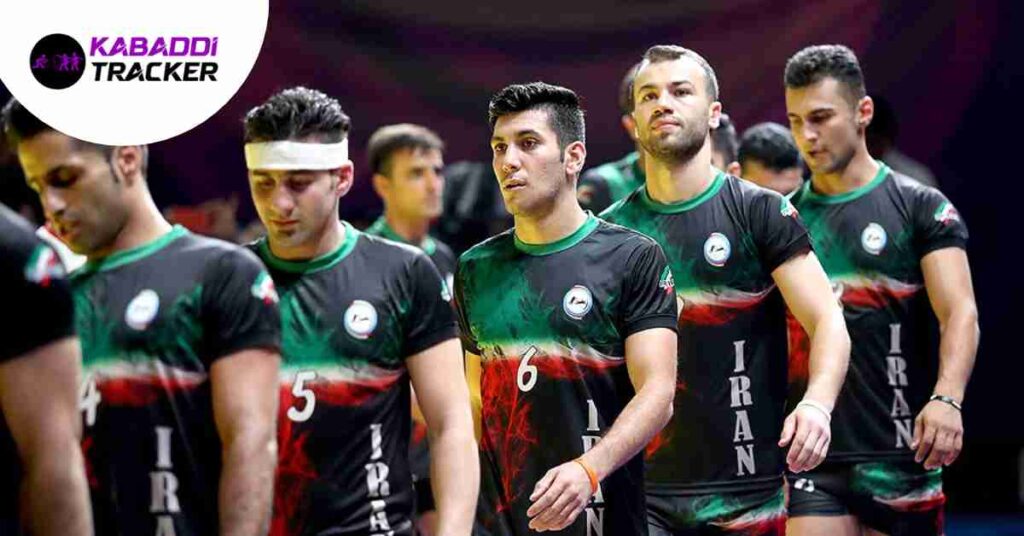
While Kabaddi’s global development is momentous, it likewise faces challenges as it endeavors to set up a good foundation for itself as a standard game on the international stage.
Permeability and Acknowledgment: In spite of its prominence in specific regions, Kabaddi actually battles for acknowledgment contrasted with additional laid-out sports. Getting a steady spot in significant international rivalries and occasions is vital for the game’s continued growth.
Framework and Venture: Fostering the vital foundation for preparing, rivalries, and grassroots programs is fundamental. Venture from both public and confidential areas can assist with making an economical biological system for Kabaddi’s growth.
Social Variation: As Kabaddi acquires notoriety in modern regions, there’s a requirement for social transformation and mix. Endeavors to make the game appealing and draw in new crowds will be significant.
Global Kabaddi Leagues and Tournaments
Also Read – Who is the king of Kabaddi?
European Kabaddi Title: Europe has seen a flood in Kabaddi’s prevalence, prompting the foundation of the European Kabaddi League. The European Kabaddi Title provides a stage for European countries to contend and feature their Kabaddi abilities.
Kabaddi Experts: The Kabaddi Bosses, coordinated by the International Kabaddi League, assemble top Kabaddi-playing countries for a significant level contest. This competition assumes a critical part in promoting Kabaddi at the international level.
World Ocean side Kabaddi: This variety of Kabaddi is played on sandy sea shores, adding an intriguing turn to the conventional organization. The World Ocean side Kabaddi competition draws in players and onlookers from around the world.
Cultural Significance and Community Involvement
Kabaddi’s prevalence goes past its job as a serious game; it holds cultural significance and cultivates a feeling of community.
Cultural Celebrations: In nations like India, Kabaddi is often a piece of cultural celebrations and festivities. It exhibits athletic prowess as well as builds up cultural personality and customs.
Youth Commitment: Numerous nations use Kabaddi as an instrument for youth commitment and improvement. Schools and community focus acquaint Kabaddi with youthful competitors, promoting actual work and cooperation.
Ladies’ Kabaddi: Ladies’ Kabaddi has likewise acquired prominence, empowering orientation balance in sports. Tournaments and leagues for ladies provide open doors for female competitors to succeed in a generally male-overwhelmed sport.
Media and Digital Expansion
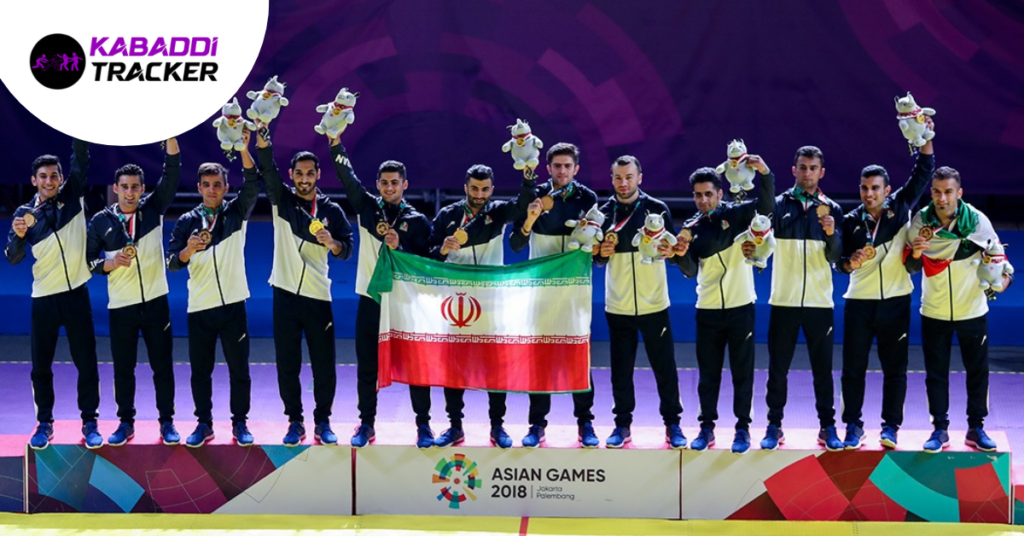
Kabaddi’s global arrival has been additionally enhanced by the digital age and media stages.
Broadcasting and Streaming: International tournaments like the Kabaddi World Cup and Pro Kabaddi League are communicated and spilled to a global crowd, empowering fans to follow their #1 groups and players.
Virtual Entertainment Commitment: Online entertainment stages permit fans from various nations to associate, share encounters, and commend their enthusiasm for Kabaddi. Players additionally utilize virtual entertainment to draw in with their allies.
Consideration Endeavours: Different Kabaddi overseeing bodies and lovers have been pushing for Kabaddi’s consideration in the Olympics. The game’s rich history, global presence, and dazzling ongoing interaction present areas of strength.
Kabaddi’s journey from conventional town fields to international arenas is a demonstration of its innate allure, mixing physicality, technique, and cultural significance. As Kabaddi keeps on enrapturing crowds across the mainland, it highlights the force of sports to connect holes, encourage associations, and celebrate variety.
The response to this question isn’t simply a rundown of nations; it’s a demonstration of human development, flexibility, and the binding together power of sports. Kabaddi’s presence in different nations is an update that sports can separate hindrances, touch off energy, and unite individuals, no matter what their experiences. As the game looks towards a future where it could stand side by side with other Olympic disciplines, its process fills in as a motivation for other conventional games trying to accomplish global acknowledgment and appreciation.
International Acknowledgment: Consideration in the Olympics could provide Kabaddi with a critical lift concerning permeability, financing, and global acknowledgment.



